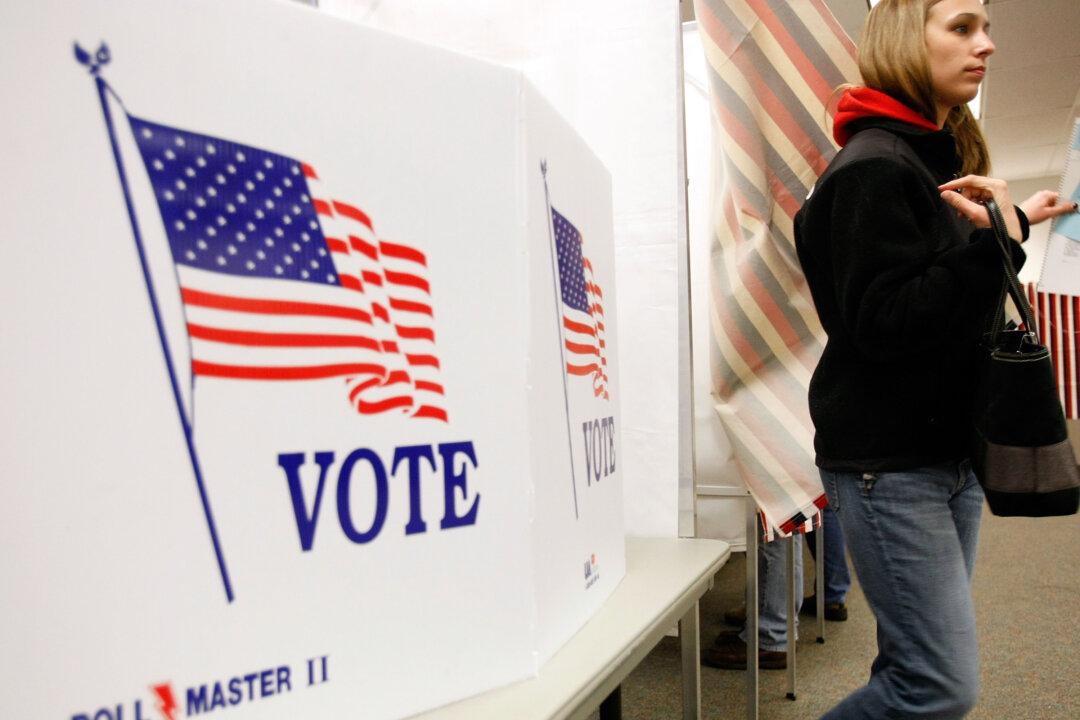A good-government group is suing the District of Columbia in federal court for refusing to allow the inspection of voter list maintenance records as required by federal law.
The D.C. Board of Elections claims it can’t provide the voter list maintenance documents because of its contract with the Electronic Registration Information Center (ERIC), a nonprofit that describes its mission as “assisting states to improve the accuracy of America’s voter rolls and increase access to voter registration for all eligible citizens.” ERIC was created in 2012 with assistance from The Pew Charitable Trusts, a left-wing philanthropy.





